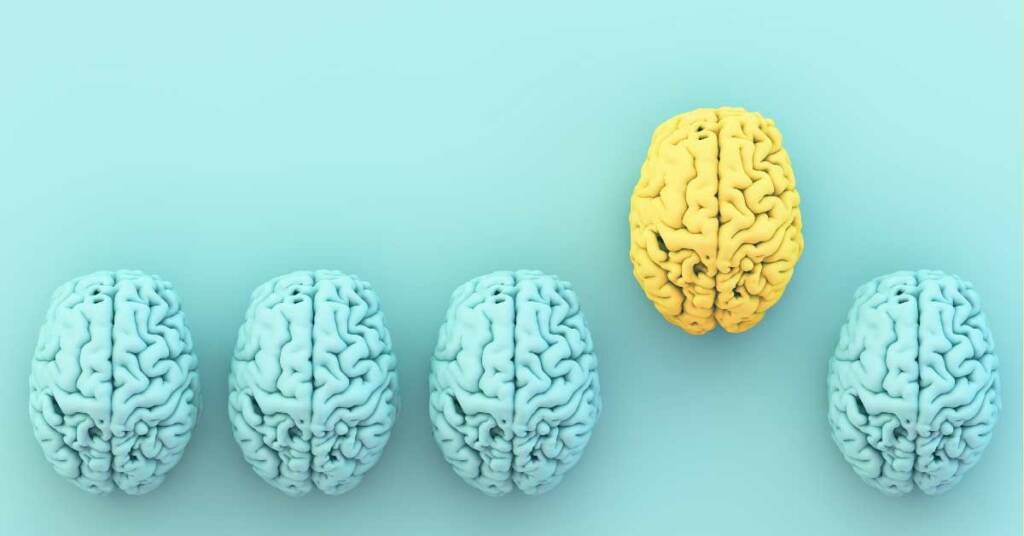Hearing loss and dementia
Research has found a relationship between hearing loss and dementia. An 18-year-old study of more than 2000 older adults also found that hearing aids could play a role in slowing down cognitive decline. Those included in the study were 50 years of age and older, and did not have signs of dementia at the beginning of the study. However, many participants began using hearing aids during the 18-year study period. An evaluation of their cognitive function was performed with a total of 10 recall cards that tested short-term memory. The researchers chose assessments that were associated with age-related cognitive abilities, such as episodic memory.
Episodic Memory
Episodic memory is the ability to recall how someone felt at a certain time and place, as well as other details related to memory (livescience.com. ) Examples of episodic memory include:
- Your skiing vacation last winter
- The first time you traveled by airplane
- Your first day at a new job
- Attending a relative’s birthday party
- The movie you saw on your first date with your wife/husband
(Kim Ann Zimmermann, Episodic Memory: Definition and Examples, livescience.com)
When evaluating memory within the study, researchers felt that episodic memory was the best measurement.
“The researchers chose to study tasks of episoic memory because they are more age sensitive than other cognitive measures and have a strong association with dementia” – Audiology HealthCare News
Dementia
Dementia is a major health problem worldwide. A recent study suggested that treating risk factors could prevent or minimize 35% of dementia cases. One of the strongest treatable factors is untreated hearing loss.
Dementia and Hearing Aids
On average, participants in the study began using hearing aids at 62 years of age. Research suggests that the use of hearing aids slows down episodic memory decline. Episodic memory naturally decreases with age, but the rate of this decline can be slowed down with the use of hearing aids.
Other studies have also found a relationship between untreated hearing loss and cognitive function in older adults. Researchers believe there are two possible causes; hearing loss and dementia are caused by an age-related decline in the central nervous system, and the decline can be the result of reduced auditory stimulation. Socializing less can reduce auditory stimulation, and have other mental health impacts such as anxiety and depression. In fact, fewer social interactions in general can have significant overall negative health outcomes that are comparable to smoking. Researchers argue that their findings suggest that auditory deprivation, less social engagement, and increases in anxiety and depression could be key.
“Increased access to quality hearing healthcare might delay the onset of cognitive impairment (and help) reduce the impending dementia epidemic” – Longitudinal Relationship Between Hearing Aid Use, and Cognitive Function. Maharani, et al. J. American Geriatrics Society, April 2018.
Source: Hearing Health Care News
You may also like…


